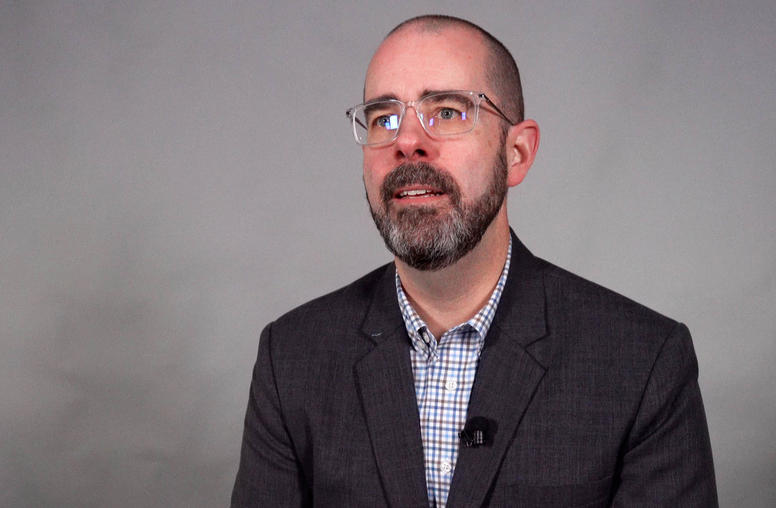Protecting and Promoting Freedom of Religion or Belief
Global Trends and Challenges
Religious restrictions and hostilities around the world have risen steadily over the past few decades, reaching an all-time high in 2018 — a trend that has only worsened with the COVID-19 pandemic. Against this backdrop, USIP collaborated with USAID’s Center for Faith-Based and Neighborhood Partnerships to critically examine the causes and consequences of freedom of religion or belief violations and search for solutions. A new USIP report, Global Trends and Challenges to Protecting and Promoting Freedom of Religion or Belief, summarizes the key findings of this study.
On August 2, USIP and the University of Nottingham’s School of Politics and International Relations held an in-person and online presentation from the report’s lead author — as well as reflections from expert practitioners on what the study’s findings mean for international efforts to more effectively advance freedom of religion or belief. The conversation also considered ways to build on two recent global convenings — the International Religious Freedom Summit in Washington, D.C., and the International Ministerial Conference on Freedom of Religion or Belief in London — to overcome the most pressing contemporary challenges to ensuring freedom of religion or belief and other human rights for all.
Continue the conversation on Twitter using #FoRBGlobalTrends.
Speakers
Jonathan Fox
Yehuda Avner Professor of Religion and Politics, Bar Ilan University
Jason Klocek
Senior Researcher, U.S. Institute of Peace; Assistant Professor of Politics and International Relations, University of Nottingham
Samirah Majumdar
Research Associate, Pew Research Center
Adam Nicholas Phillips
Acting Deputy Assistant Administrator and Executive Director of the Local, Faith, and Transformative Partnerships Hub in the Bureau for Democracy, Development and Innovation at the U.S. Agency for International Development



